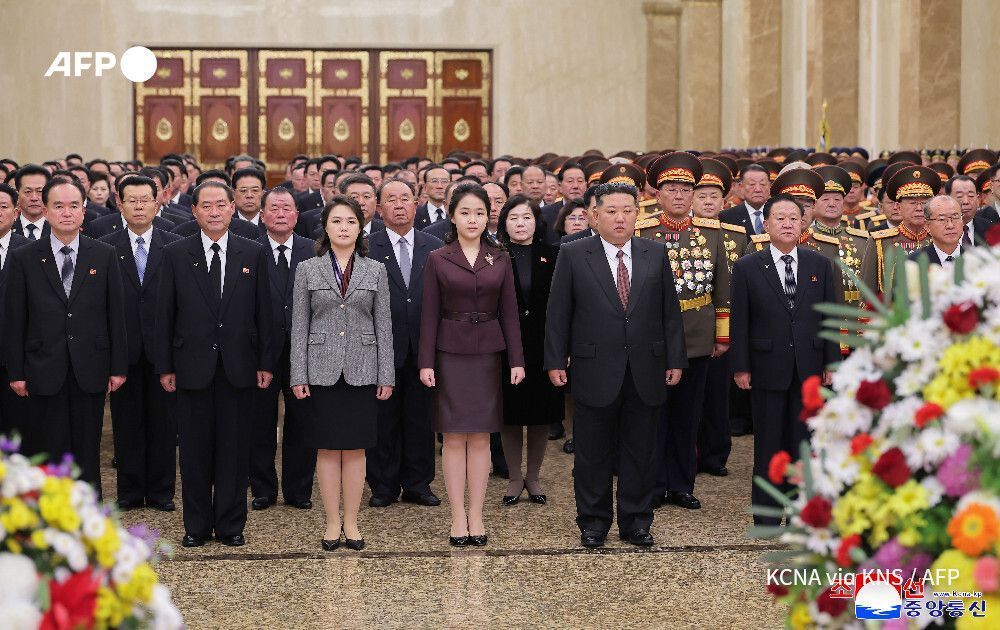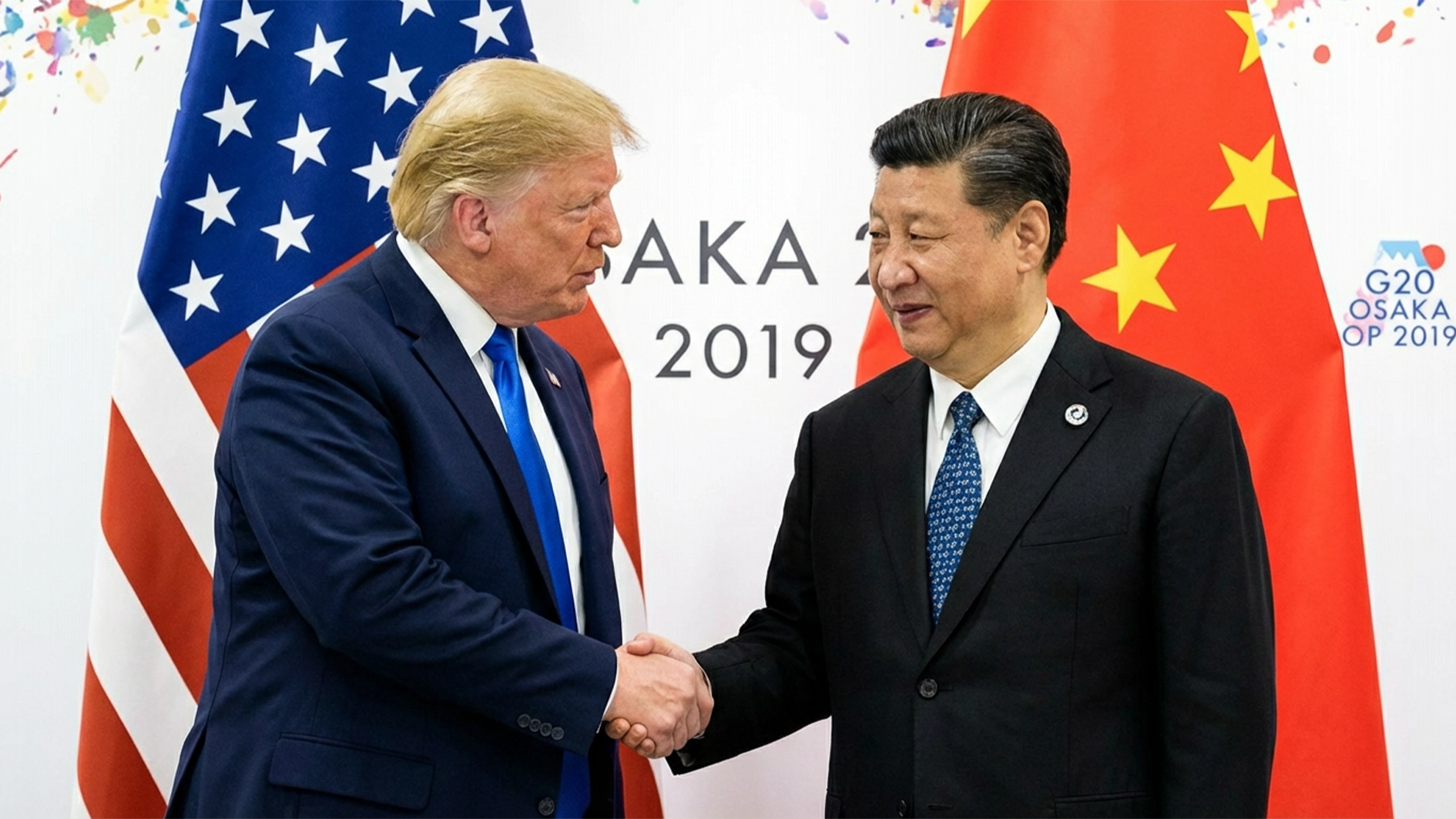
“China has consistently proposed the peaceful usage of space, and opposes the weaponisation of space and a space arms race,” said Chinese foreign ministry spokeswoman Hua Chunying at a press briefing.
“We oppose even further turning space into the new battleground,” she added.
On Tuesday, Trump ordered the creation of “Space Command”, a new organisational structure within the Pentagon that will have overall control of military space operations.
SpaceCom, as it will inevitably come to be known, will be on equal footing with other US military commands, such as Central Command in the Middle East or Indo-Pacific Command in Asia, and will require a new headquarters as well as a commander and deputy commander who will need Senate approval.
It is not the first military space entity proposed by the US president this year.
In June, Trump said he wanted to create “Space Force”, an entirely new branch of the military, alongside the Navy, Marine Corps, Army, Air Force and Coast Guard.
[related ids=”815338″]
He insists such a move is necessary to tackle vulnerabilities in space and assert US dominance in orbit.
But its creation is not a done deal, as it needs to be approved by Congress, and the concept has met with some scepticism from lawmakers and defence officials wary of the cost and added bureaucracy.
China has also bolstered its space capabilities in recent years.
Earlier this month, the country launched a rover heading to the far side of the moon, a global first that could boost Beijing’s ambitions to become a space superpower.
In 2013, China landed its first probe on the moon, Yutu or “Jade Rabbit”.
[ad unit=2]






